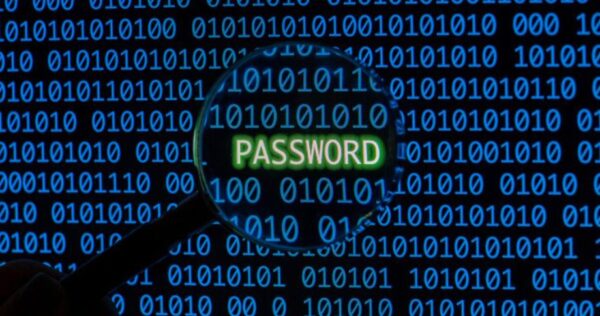23 Views

Why you should be worried
- Use one password across several accounts
- Rely on phones with no password manager or two-factor protection
- Share devices with others (family, colleagues)
- Use public Wi-Fi without extra security
- Don’t regularly update apps or change passwords
That’s a dangerous mix in today’s digital world.
With this breach, if you use Gmail for everything; email, banking alerts, work documents, and social sign-ins, and your password is part of the leak, someone out there can now access your entire digital life.
How to know if your password was leaked
How it works:
- Enter your email address
- The tool will check if it appeared in any known data breaches
- You’ll get a result in seconds, either “safe” or “compromised”
Don’t worry: these tools are safe and don’t store your data.
If you’ve ever signed up for something random and reused a password, you should still check. It takes less than a minute.
What to do right now if you’ve been affected
- Change your passwords immediatelyStart with the most important ones: Gmail, Bank apps, Social media (Instagram, Facebook, Twitter), Apple ID or Google account, Shopping platforms
Use a strong, unique password for each one. Not your birthday. Not “123456.” Not your pet’s name. Mix uppercase, lowercase, symbols, and numbers.
- Don’t use the same password twiceIf one account gets compromised and you’ve reused that password, all your other accounts are exposed too. Think of your passwords like house keys, you wouldn’t use one key for your house, office, and car.
- Turn on two-factor authentication (2FA)This simple step can save you from a hack. Even if someone has your password, they can’t log in without a code sent to your phone or email.
- Start using a password managerWe know that remembering passwords is hard. That’s why password managers exist. They create and store strong, secure passwords for you. All you need is one master password.
How to stay safe going forward
- Always use strong, different passwords for each account
- Change your main passwords every 6 months
- Turn on 2FA for every important service
- Don’t save passwords in your phone notes app
- Avoid connecting to public Wi-Fi without a VPN
